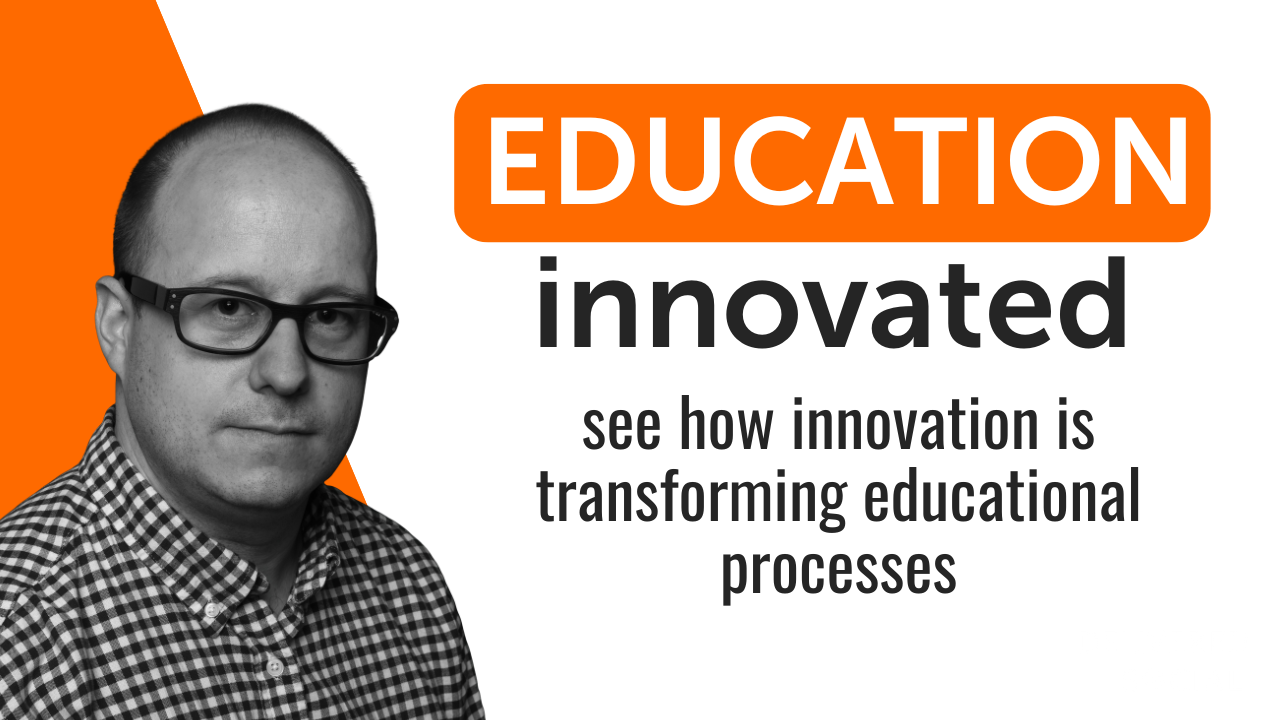
In the fast-evolving landscape of education, the role of e-learning development has become increasingly pivotal in shaping modern learning experiences. Today, we explore how cutting-edge technologies are not just enhancing but revolutionising educational practices worldwide.
- Evolution and Importance of E-learning Development
- E-learning Software Developers
- Key Technologies Driving E-learning Development
- Innovative Applications of AI in E-learning
- Enhancing Engagement with AR and VR
- Interactive and Gamified Learning Experiences
- Accessibility and Inclusivity in E-learning Development
- Challenges and Considerations in E-learning Development
- Future Trends and Emerging Innovations
- Ethical and Privacy Considerations
- Final Thoughts On E-learning Development
- We’re pretty social…
Evolution and Importance of E-learning Development
E-learning has transformed from basic online courses to sophisticated platforms that cater to diverse learning needs. Its development has been instrumental in democratising education, breaking down geographical barriers, and providing flexible learning opportunities that adapt to the pace and preferences of individual learners.
E-learning Software Developers
Behind every innovative e-learning platform are the dedicated developers and teams who design, build, and maintain these sophisticated educational tools. E-learning software developers play a crucial role in translating educational concepts into intuitive and effective digital solutions. They collaborate closely with educators and instructional designers to understand learning objectives, user needs, and pedagogical strategies, ensuring that the software meets both educational standards and technological requirements.

Key Technologies Driving E-learning Development
At the forefront of this transformation are technologies like artificial intelligence (AI), which powers intelligent tutoring systems and adaptive learning algorithms. AI analyses vast amounts of data to personalise learning paths, providing real-time feedback and support that optimise learning outcomes. Machine learning algorithms within AI frameworks can also predict student behaviour and performance trends, allowing educators to pre-emptively adjust their teaching strategies to cater to individual student needs. Natural language processing (NLP) is another AI-driven technology that facilitates interactive learning experiences by enabling chatbots and virtual assistants to engage with students in natural language, offering immediate assistance and answering queries. Academysmart.com has all of these, and these advancements not only enhance the efficiency of educational delivery but also foster a more personalised and engaging learning environment that adapts in real time to meet the evolving needs of students.
Innovative Applications of AI in E-learning
For instance, AI-driven platforms can track learner progress, identify areas of struggle, and recommend personalised study plans based on individual learning styles and preferences. This capability not only enhances engagement but also ensures that each student receives tailored support, thereby improving retention and comprehension rates. Moreover, AI-powered systems can analyse vast datasets to identify broader trends in learning behaviours and outcomes across student populations. This analytical insight enables educators and institutions to refine curriculum design, identify effective teaching methodologies, and allocate resources more efficiently. Additionally, AI algorithms can assess the effectiveness of different learning materials and interventions in real-time, allowing for adaptive adjustments that optimise the learning experience for every student. These applications of AI are transforming e-learning by making it more responsive, adaptive, and effective in meeting the diverse needs of learners in today’s educational landscape.
Enhancing Engagement with AR and VR
Augmented reality (AR) and virtual reality (VR) are revolutionising e-learning by creating immersive environments where students can explore simulations, conduct virtual experiments, or visit historical sites—all from the comfort of their classrooms. These technologies enhance engagement by making learning interactive and experiential.
Interactive and Gamified Learning Experiences
Moreover, interactive simulations and gamification techniques are transforming how students interact with educational content. By incorporating game elements such as challenges, rewards, and progress tracking, e-learning platforms motivate learners and foster a sense of achievement and collaboration. Gamified learning not only increases student engagement but also promotes active learning by encouraging learners to solve problems, explore concepts, and collaborate with peers in a structured yet enjoyable environment. These gamification strategies leverage intrinsic motivators such as competition, achievement, and social interaction, which are proven to enhance knowledge retention and skill development. Furthermore, gamified e-learning platforms often include leaderboards, badges, and levels that provide immediate feedback and recognition, reinforcing positive learning behaviours and encouraging continuous improvement. As a result, students are not only more motivated to participate actively but also develop critical thinking, problem-solving, and teamwork skills that are essential for success in today’s interconnected world.
Accessibility and Inclusivity in E-learning Development
Accessibility is another critical aspect of e-learning development. Developers are designing platforms with accessibility features that cater to diverse learner needs, ensuring that everyone, including those with disabilities, can access and benefit from educational resources equally.
Challenges and Considerations in E-learning Development
Despite the benefits, e-learning development faces challenges such as technological limitations and the need for continuous updates to keep pace with evolving technologies. Addressing these challenges requires innovative approaches and strategic planning to ensure sustainable and effective e-learning solutions.
Future Trends and Emerging Innovations
Looking ahead, the future of e-learning development holds exciting possibilities. Trends such as personalised adaptive learning environments, mobile-first strategies, and blockchain-based credentialing systems are poised to further revolutionise how education is delivered and recognised globally. With blockchain playing a bigger role in education, staying updated with the latest crypto news helps educators understand its impact on digital credentials.
Ethical and Privacy Considerations
As we embrace these technologies, it’s crucial to prioritise ethical considerations such as data privacy, security, and fairness in algorithmic decision-making. Protecting learner data and ensuring transparency in how AI and other technologies are used are essential for fostering trust and accountability in e-learning environments.
Final Thoughts On E-learning Development
Cutting-edge e-learning development is not just about adopting new technologies—it’s about leveraging them to create engaging, accessible, and inclusive learning experiences that empower learners worldwide. By embracing innovation and addressing challenges responsibly, we can drive educational excellence and prepare learners for success in a rapidly changing digital era.
Interested In Working Together?
Introducing Delivered Social. We’re The Most-Rated Digital Agency In Surrey & Hampshire – We’ve Got To Be Doing Something Right.
Delivered Social is a digital marketing agency with one mission—to help businesses grow. We’re famous in Guildford and Portsmouth for our social clinics. We believe in free advice. We build lasting relationships because our team prides itself on being helpful, which our clients appreciate.
If you are looking for a new website or an agency to manage your social media presence, we can help.
If you need something slightly different, here's a super handy list of all our services, or you can always email us.























